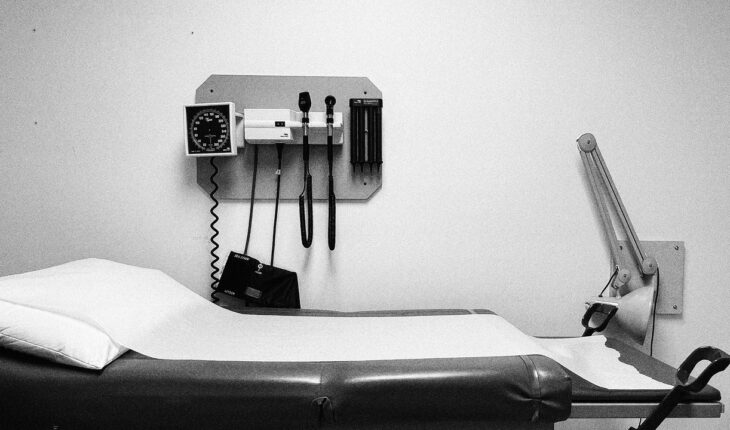
A few years ago I was invited to a lavish dinner with dozens of the most powerful CEOs in America. I had been asked to moderate a panel on social media earlier in the evening, and then was offered a seat at a table, where I was joined by the leaders of tech giants, major retailers, and manufacturing behemoths. Right next to me was the CEO of one of America’s largest health care companies—a plump man who, to say it politely, looked like he’d walked out of central casting for the role of “Health care CEO.” He spent most of the evening talking about his recent golf and fishing trips, and ate a steak that looked like it was still alive. Eventually, after hearing about his single-digit handicap, I couldn’t help myself, so I leaned in and politely asked, “Do you ever feel bad that your company denies people coverage, and sometimes they die because of it?” Without missing a beat, he took another bite of his steak and responded, “Oh, you can’t think of them as people. You just have to think of them as numbers on a spreadsheet.”
I’ve probably replayed that encounter in my head a few hundred times since last week, when the nation was gripped by the killing of Brian Thompson, the CEO of UnitedHealthcare. Not because I expected something like this to happen, but because of the startling public support for the alleged shooter that ensued immediately afterward. It was as if everyone in America knew that most of these health care companies don’t look at Americans as people, but rather as exactly what I was told: numbers on a spreadsheet. “His company put multiple of my family members in debt they will be paying for the rest of their lives & denied care for my uncle which led to his death,” as one woman recalled on Twitter. “Brian Thompson killed people. Full stop.” There were also thousands of joke posts (“I’m sorry, prior authorization is required for thoughts and prayers”), while others simply captured the sheer nihilism of the American spirit (“I cant even pretend to care, I hope he’s looking up at us”).
It will probably surprise no one to learn that, when you look at their spreadsheets, these health insurance companies have been doing quite well. UnitedHealth Group, in particular, reported a whopping $22 billion in profits in 2023 alone, including $5.5 billion in the fourth quarter. While on the surface this might imply one of a few scenarios—perhaps that more Americans have suddenly become wildly healthier, or that the health care insurer has increased premiums and denied more claims—there’s actually something else going on here.
Last week (and by chance, the day after Thompson’s killing), Jennifer D. Oliva, a professor of law at Indiana University’s Maurer School of Law, published a paper for the Indiana Law Journal that revealed how artificial intelligence and algorithms are being weaponized by health insurers to systematically deny care. The paper points to a startling report from ProPublica last year, which details how Cigna, one of America’s largest insurers, saves itself millions of dollars (leading to billions in profit) by denying claims without even looking at patients’ files. To be precise, Cigna denied more than 300,000 claims in just two months in 2022, spending an average of only 1.2 seconds reviewing each case, per ProPublica. As one former Cigna doctor told the nonprofit outlet: “We literally click and submit. It takes all of 10 seconds to do 50 at a time.” (In response to ProPublica’s article, Cigna said the investigative organization’s reporting was “biased and incomplete,” adding that its review system was established to “accelerate payment of claims for certain routine screenings,” allowing the company “to automatically approve claims when they are submitted with correct diagnosis codes.”)





